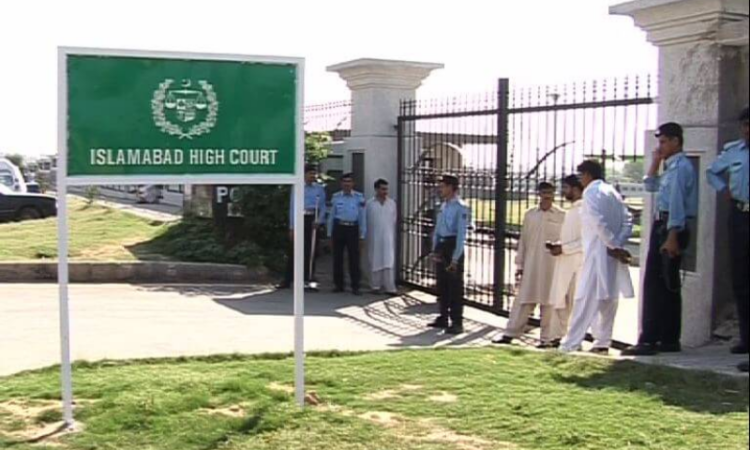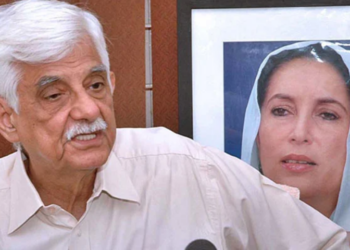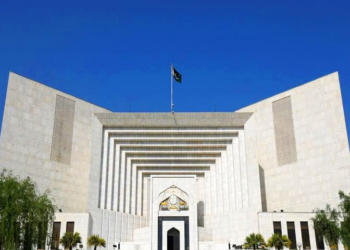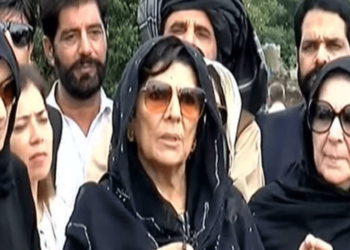Islamabad, March 19, 2025: The Islamabad High Court (IHC) has initiated suo motu contempt proceedings over the delisting of a case concerning the prison superintendent’s failure to arrange a meeting between Pakistan Tehreek-e-Insaf (PTI) founder Imran Khan and his lawyer, Mashal Yousafzai.
Justice Sardar Ejaz Ishaq Khan, who was presiding over the case, strongly objected to its removal from the cause list and demanded an explanation. He ordered the judicial deputy registrar to submit a written response and sought a reply from the Advocate General of Islamabad regarding the delisting and transfer of the case to another bench.
The case was reportedly delisted following the formation of a larger bench by IHC Acting Chief Justice Sarfraz Dogar, who directed that over 20 petitions related to Imran Khan’s meeting rights be merged.
Expressing his serious reservations, Justice Ejaz remarked: “Does the state support transferring a case to a larger bench without the judge’s consent? Instead of doing this, you might as well plant explosives under my court and blow it up.”
During the hearing, Deputy Registrar Judicial Sultan Mehmood appeared before the court, stating that the IHC chief justice’s office had issued directives for the case’s delisting. However, Justice Ejaz questioned the legality of the chief justice’s authority in this matter, warning of potential judicial corruption.
“What if a highly corrupt chief justice in the future arbitrarily transfers cases? Would such a system not encourage corruption and nepotism?” he asked.
Justice Ejaz criticized interference in judicial proceedings, stating that such actions undermine the principles of justice. He warned that the IHC rules do not allow a chief justice to transfer a case without the presiding judge’s approval. If state institutions continue this “battle of egos,” the court’s authority would be rendered meaningless.
“Should the judge be at the mercy of the registrar’s office? Will the [registrar’s] office decide which judge hears a case?” he questioned, warning that these actions amounted to contempt of court.
When Deputy Registrar Sultan Mehmood clarified that the matter had been referred to the chief justice’s office for guidance, Justice Ejaz responded: “The larger bench is acting in contempt of this court’s proceedings.”
Advocate Shoaib Shaheen noted that neither the state nor the prison superintendent were directly affected parties, questioning the fairness of the case’s transfer.
Lawyer Mashal Yousafzai also expressed concerns over the broader implications, stating:
“If this is happening to us in open court, one can only imagine how the PTI founder and Bushra Bibi are being treated in prison.”
Justice Ejaz acknowledged her concerns but emphasized that the integrity of the judiciary was at stake: “The guided missile that was directed towards you is now coming for us.”
At a previous hearing, Justice Ejaz had ordered that the PTI founder appear in person or via video link. However, prison authorities refused to comply, citing security threats.
Following this, a judicial commission was formed to verify whether Yousafzai was legally representing Imran Khan. The prison superintendent later consolidated all meeting requests and referred them to a larger bench. On March 17, Acting Chief Justice Sarfraz Dogar approved the request and formed a three-member bench, leading to the delisting of Justice Ejaz’s case—a move that triggered the suo motu contempt proceedings.








